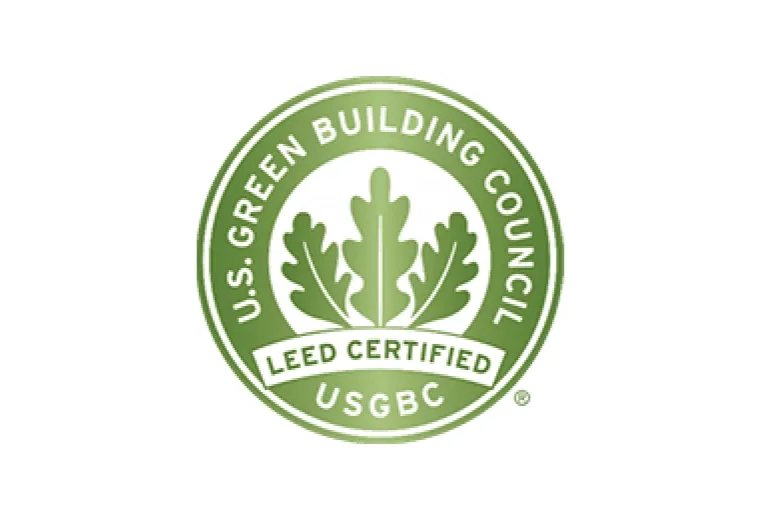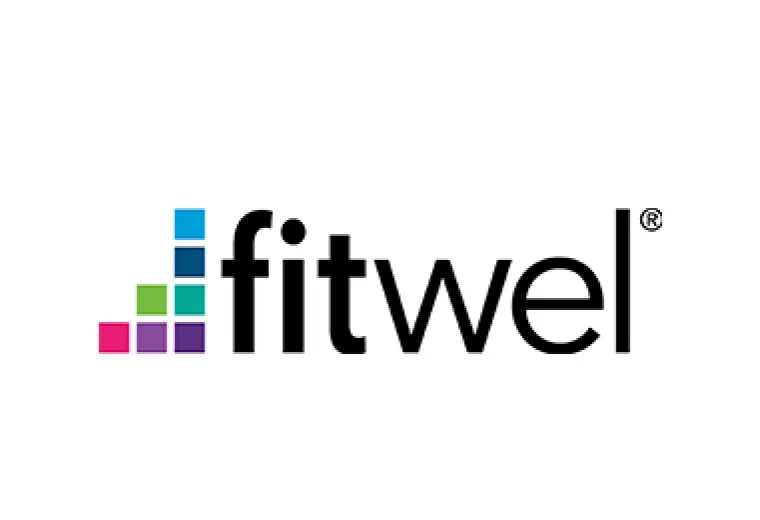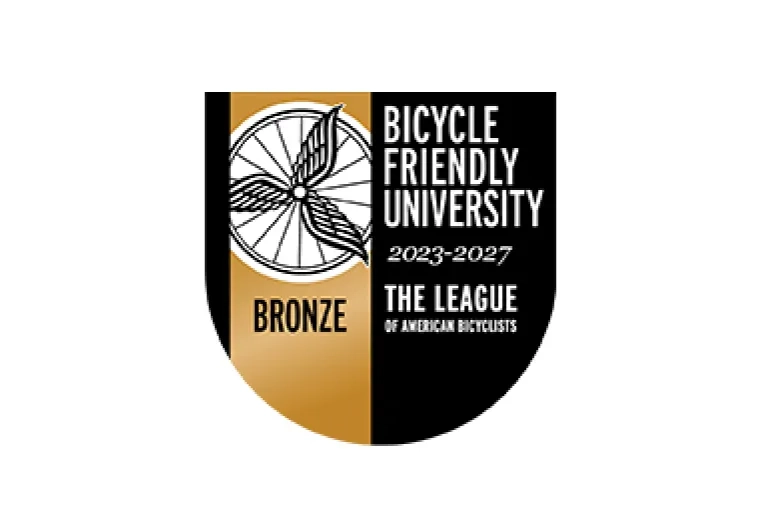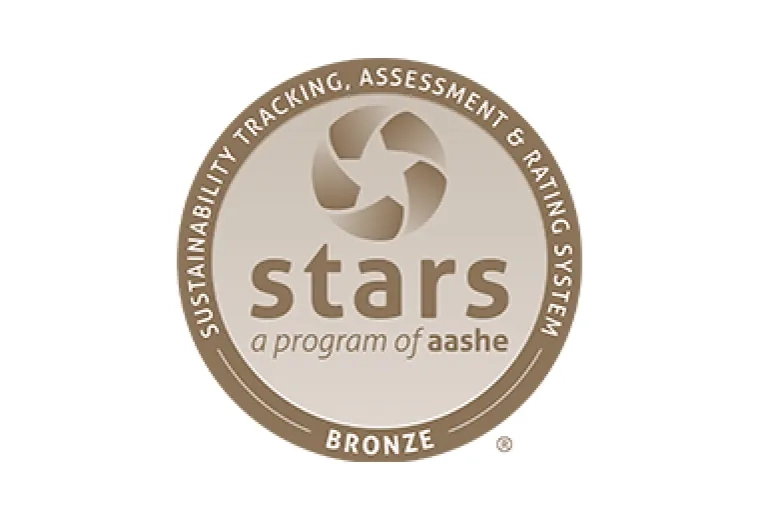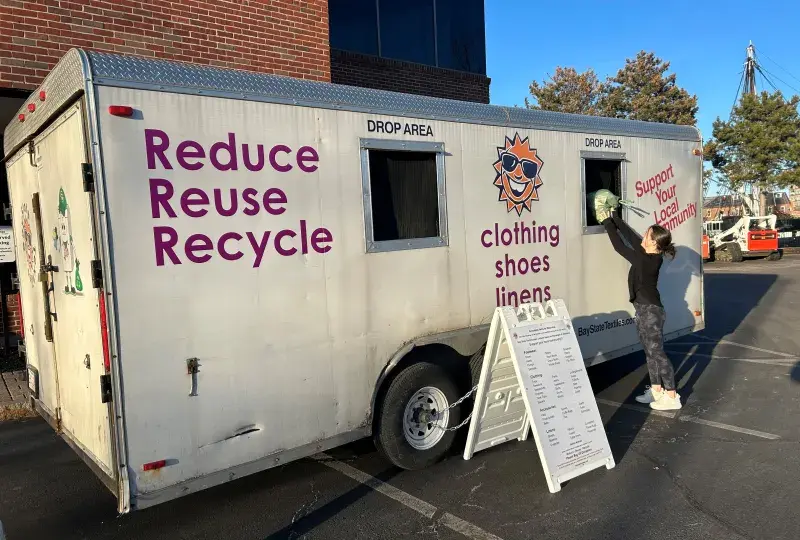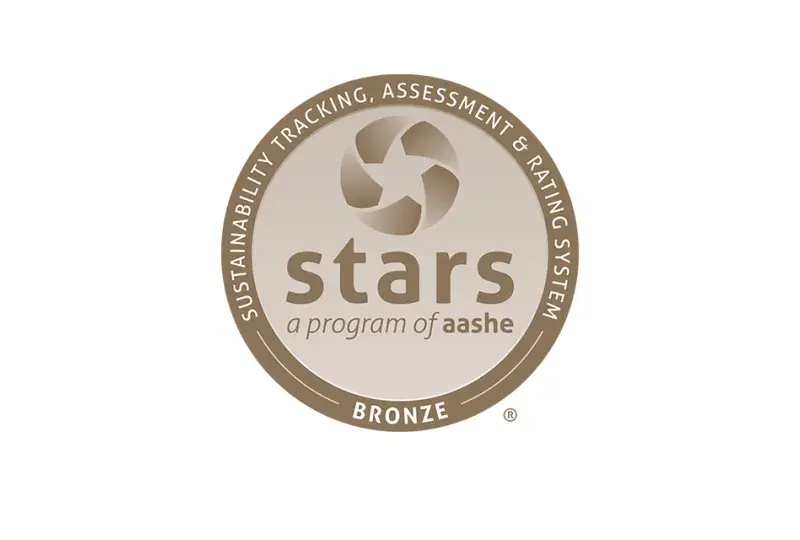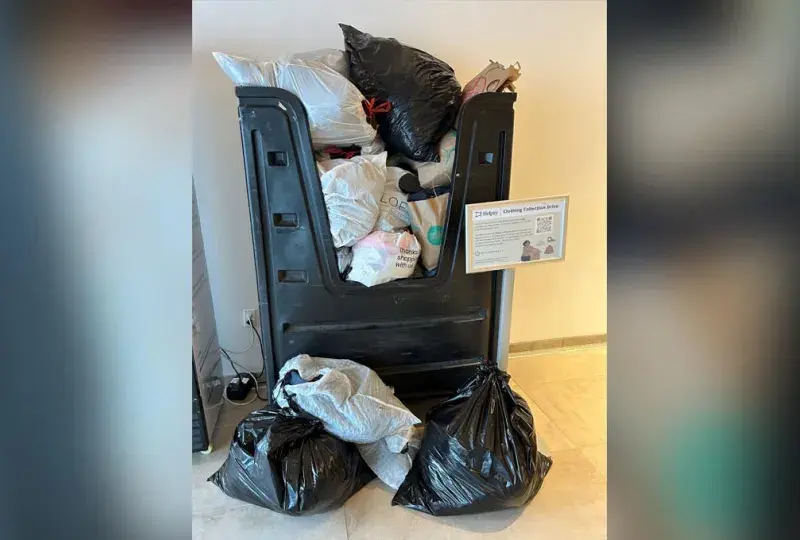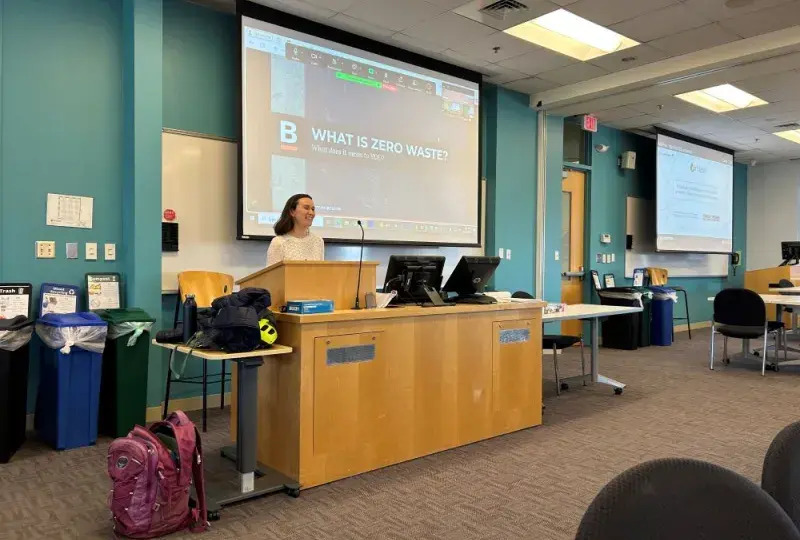The IHP has implemented mixed recycling, composting, and trash receptacles across all buildings on campus. Each bin is color-coded and equipped with a sign indicating which items belong in the bin and which do not. This 3-bin system helps properly sort items while also reducing the amount of solid waste sent to landfills and incinerators. If you notice a bin missing, damaged, or in need of a sign, please contact the Office of Campus Services.
The IHP, along with a variety of other organizations, has partnered with RecycleSmart to promote better recycling across Massachusetts. Not sure where or how to recycle something? Visit RecycleSmart.
Specialty Recycling & Reuse
While most items can be disposed of through our 3-bin system, certain items are more difficult to recycle and require a specialized process. The list below indicates how to responsibly dispose of hard to recycle items both on and off campus.
Books
Before disposing, please check if books can be sold for reuse or donated to local charities. If reselling or donation is not possible, paperback books can be recycled. Hardcover books can only be recycled if their binding is removed and only the paper pages are recycled. If the binding cannot be removed, they must be trashed.
Electronic Equipment
- Large blue bin on 4th floor of Building 36 (by IT’s office)
Examples of small electronics that can be dropped off include computers, computer components (keyboards, monitors and mice), CD/DVD/Blu-ray players, printers, copiers, fax machines, small appliances (ex. coffee machine), and radios. No batteries or light bulbs please! Ensure all data is removed prior to recycling.
Batteries
- Small brown bins located in the following areas.
- 1 Constitution Wharf: 1st floor by printers
- 2 Constitution Wharf: 1st floor Audiology suite, 1st floor by IPC printers, 2nd floor by printers
- Building 36: 1st floor lobby by microwave, 2nd floor employee lounge, 3rd floor student lounge, 4th floor kitchen
- Building 34: 3rd floor Rm 317 printer
- Building 38: 4th floor kitchen
- Building 39: 2nd floor kitchen
All used, dry-cell batteries such as alkaline (AA, AAA, C, D), button (common in watches & hearing aids), lithium-ion (in electronics), mercuric oxide, and nickel-cadmium can be placed in the battery bins to be recycled. NOTE: To prevent sparks, please tape the terminal ends of all batteries except AA, AAA, C, and D batteries.
Office Supplies
The Office Supply Exchange allows individuals to swap new or gently used office supplies they no longer need for those they do. All supplies are free and can be taken by any individual (for work use only). The goal of the program is to promote sustainable practices by reducing waste and increasing cost-savings on campus. If you have office supplies you no longer need, please add them to the shelves.
- For students: Building 36 4th floor student lounge
- For staff & faculty: Building 36 2nd floor mailroom
Textiles
The IHP hosts textile collection drives throughout the year to collect clothing, shoes, towels, linens, and other textiles in any condition as long as they are dry. Subscribe to our newsletter for up-to-date information on our next collection event. Individuals can also drop off textiles at collection boxes throughout the year in the City of Boston.
Toner/Ink Cartridges
The Office of Campus Services participates in a manufacturer recycling program that takes back empty ink/toner bottles to be recycled.
Writing Instruments
Staples collects writing instruments to be recycled. With the pens and markers collected for recycling; the plastics and metals are separated, cleaned, recycled, and then make their way back into the market to manufacturers to be made into new items. The ink liquids are separated and reused in applications such as label printing. With crayons; the crayons collected get sorted and shipped to The Crayon Initiative, in which they then melt down the used crayons, make new crayons, which are then donated to children’s hospitals.
- Bins located in the B36 2nd floor mailroom and lobby of 2CW IMPACT Center



